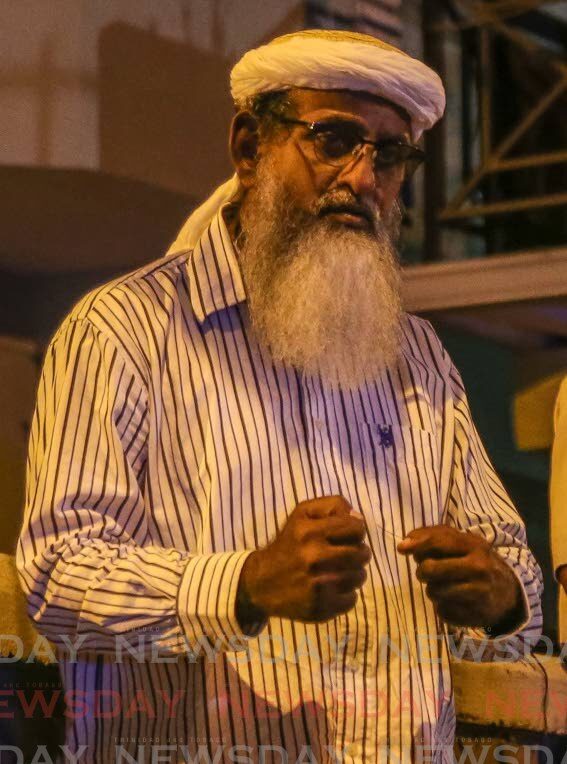St. Lucian musician Lashley ‘Motto’ Winter is positioning groovy soca as the Caribbean’s most viable export for achieving sustained international recognition. For the upcoming 2026 Carnival season, the established singer, songwriter, and producer has crafted the ‘SLS (Soca Love Story)’ riddim, a production deeply inspired by the musical traditions of Laventille’s rhythmic sections and Trinidad’s tassa culture.
Winter’s artistic perspective is shaped by his St. Lucian heritage, French Antillean influences, and extensive experience within Trinidad and Tobago’s carnival scene. He argues that while the region produces multiple soca subgenres—from St. Lucia’s Dennery Segment to Dominica’s bouyon—the melodic and accessible nature of groovy soca holds the greatest potential for worldwide appeal. He notes its rhythmic similarities to already-globalized genres like Afrobeats and reggaeton, suggesting this familiarity could ease its acceptance by international audiences.
The artist points to the successful crossover attempts of icons like Machel Montano and recent collaborations, such as Yung Bredda’s work with Chloe Bailey, as critical steps toward mainstream acceptance. Motto’s own strategy involves strategic partnerships with American artists; his recent single ‘Ego’ featuring Sean Kingston exemplifies this targeted approach to gaining exposure in the lucrative U.S. and European markets.
However, Winter emphasizes that authenticity is paramount. His goal is not to abandon soca for pop but to intelligently introduce the genre’s core sound to new listeners through established international platforms. Based in Miami, he is actively working to position himself within the American music industry while staying true to his Caribbean roots.
Looking ahead to Carnival 2026, Motto expressed hope for a successful season and urged a swift resolution to the ongoing impasse between the government and promoters’ association, noting that such stability is crucial for the international perception and commercial viability of the event.









